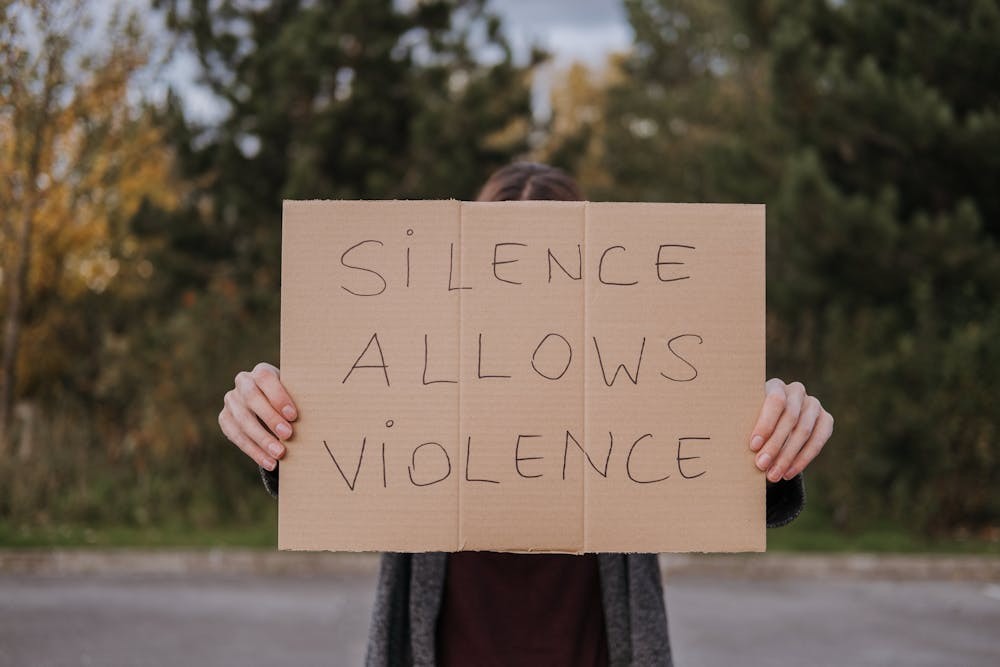The practice of collective punishment in schools sparks strong opinions among educators, parents, and students alike. While some argue it helps maintain control and sends a message about group accountability, critics point out that it unfairly penalizes uninvolved individuals and damages trust within the classroom.
This article dives into the debate, exploring:
- The origins of collective punishment as a tool for maintaining order.
- The psychological and social consequences for students, including resentment and disengagement.
- Real-life examples where collective punishment backfired, worsening classroom dynamics instead of improving them.
The piece concludes that collective punishment is not only ineffective but also fundamentally unjust. It urges educators to reflect on how their discipline methods impact students’ sense of fairness and belonging.
Key takeaway: Collective punishment may seem practical, but it undermines trust and fairness, harming the very classroom dynamics it aims to improve.







